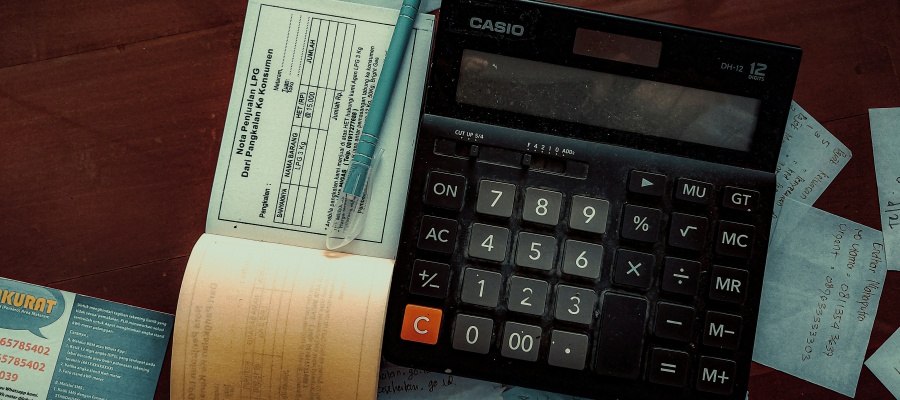Prosecutors in Milan have reportedly opened an investigation into the tax affairs of Lagfin, the Luxembourg-based holding company that controls Davide Campari Milano, one of Italy’s most iconic drinks businesses. However, Campari itself has issued a firm denial that it or any of its subsidiaries are under scrutiny.
The move follows growing speculation that Lagfin, the investment vehicle of the billionaire Garavoglia family, may owe as much as €1 billion in unpaid taxes related to the 2018–2020 financial years. Italian media reports claim that tax police discovered approximately €5 billion in undeclared income, potentially triggering unpaid “exit tax” liabilities linked to the transfer of company headquarters abroad.
Campari issues clear denial
In a statement released shortly after the rumours surfaced, Campari moved quickly to distance itself from the investigation. The company clarified that “neither Davide Campari Milano N.V. nor any of its subsidiaries are under investigation by the authorities.”
Campari emphasised that no impact is expected for the group’s operations or financial health. The company’s reassurance appears to have been aimed at calming investor concerns and protecting its stock, which trades on the Milan Stock Exchange.
However, some observers were quick to point out that Campari’s denial focused only on itself and its subsidiaries—not Lagfin, which remains at the centre of the allegations.
Lagfin maintains composure amid probe
In response, Lagfin released a statement expressing “complete serenity” regarding the situation. The company insisted that it has not received any formal notice of assessment from Italian tax authorities and asserted that it has “always fulfilled its tax obligations with the utmost scruple.”
The rumours suggest that the investigation began following checks by the Italian tax police, who are believed to be probing whether Lagfin failed to pay exit taxes when transferring financial activity outside of Italy. Exit taxes are levied on companies that relocate their fiscal residence abroad while retaining key operations or value-generating activities in Italy.
Background on Campari’s move to Amsterdam
The backdrop to this investigation stretches back to 2008, when Campari shifted its legal domicile from Italy to the Netherlands, becoming subject to Dutch corporate law. While the company’s management and operational headquarters remained in Milan, the legal move allowed Campari to issue a new class of Special Voting Shares, a mechanism widely used in Dutch corporate governance.
The issuance of these shares gave the Garavoglia family, through Lagfin, enhanced control and effectively a veto over hostile takeover attempts. The family owns approximately two-thirds of Campari’s voting rights.
The strategic shift to Amsterdam reportedly cost the Garavoglia family around €250 million in order to buy out dissenting shareholders and secure the move—an investment made, at the time, to secure long-term independence for the company.
Implications and next steps
At present, no formal charges or proceedings have been brought against Lagfin. However, the scale of the alleged unpaid dues—nearly €1 billion—raises serious questions about corporate tax strategy and governance among international firms with strong Italian roots.
If substantiated, the probe could further fuel debate around tax residency, the obligations of multinational holdings, and the use of legal loopholes to minimise tax exposure.
Campari, meanwhile, will be hoping its early and direct communication is enough to shield it from reputational fallout. The brand remains one of Italy’s most recognised global exports, and with recent acquisitions like Courvoisier Cognac and its ongoing expansion in Asia, the group will be eager to stay focused on its growth strategy rather than legal distractions.
For now, all eyes remain on Milan, where authorities have yet to officially comment on the reported investigation.


